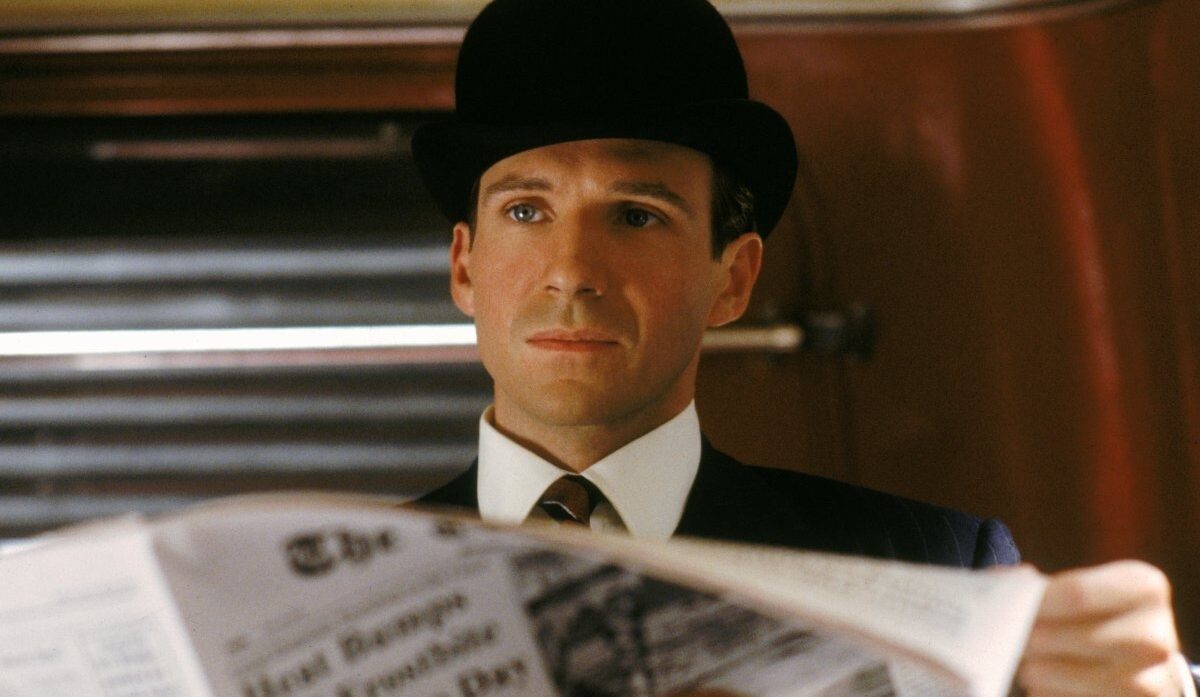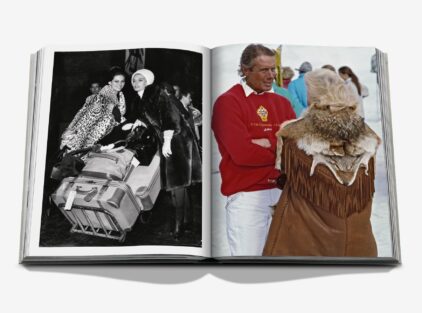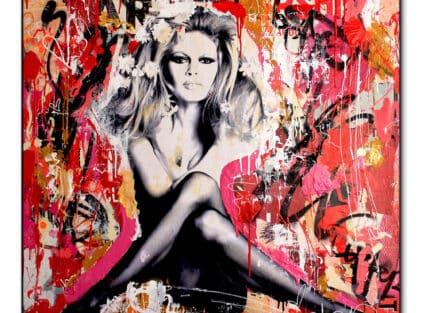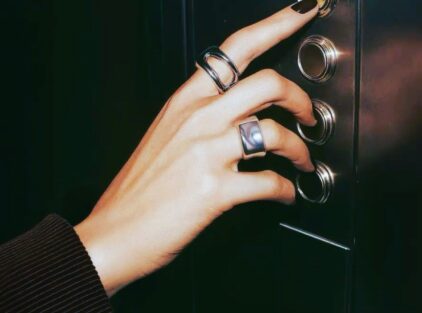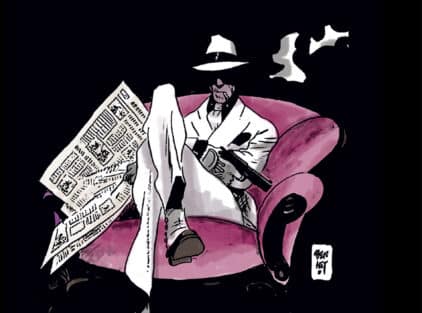by Christos Zabounis
Like the Nile, which spreads out into thousands of tributaries along its course, but whose source is unknown, snobbery has more than one interpretation, the origin of which is not clear.
Every Wednesday, from 5 to 7 in the afternoon, Count Jacques de Ricaumont received guests in the living room of his apartment, on the Boulevard Saint-Germain. I joined his circle in the late 1980s, considering it an honor to participate in a salon litteraire, because that is what it was about. Most of us present were writers or budding ministers of the pen. We usually drank tea, and one of the Count’s favorite topics of conversation was the snobbery of the concierge of his apartment building, in parallel with the snobbery of certain representatives of his class, the French aristocracy in this case, who were present. There were quite a few who had survived the guillotine, among them the Baroness Philipinne de Rothschild. I will never forget one afternoon, at five to seven, when the butler from Ceylon – the country is now called otherwise – led us, almost standing, to the front door – a compulsion of the Count’s with time. Panting, the Baroness reached the threshold, and addressing the butler, she said: “Pourriez-vous dire au comte que je suis venue lui dire que je ne pouvais pas venir?” “Can you tell the count that I came to tell him that I could not come?” Splendid, as our friends across the Channel would have said. A few years later, when Monsieur le comte, as we called him, came to the salon, he offered us a copy of his newly published book, entitled “Eloge du snobisme,” or “In Praise of Snobbery.” In this essay, among other things, he analyzes the evolution of the phenomenon over the centuries. “It’s all Thackeray’s fault, who imposed the negative connotation of the concept, because, like angels, there is good and bad snobbery,” he noted. The word snob first appeared in 1797, in Cambridge, and distinguished city dwellers from students. The “Oxford Classics Dictionary” clarifies that a snob was originally called a shoemaker, clearly distancing himself from the explanation of “sine nobilitate”, “without nobility”. In a letter addressed to me by reader Dionysis Pelekis in response to the article “Snobbish at Home?”, he claimed that “during the inspection given to them (ed.: To students who did not have noble origins) in the lesson of good manners and proper behavior in a particular environment, the principal noted that the student behaved sine nobilitate (abbreviated – syncopated) snob, that is, he did not demonstrate the nobility of his father’s origin”. In his book “Book of Snobs”, Thakeray gave another definition, closer to the current one, namely the person who behaves arrogantly and contemptuously towards those he considers socially inferior to him (“Christian Dictionary of the Modern Greek Language”, Academy of Athens). Georgios Babiniotis, for his part, in the “Dictionary of the Modern Greek Language”, succumbs to the temptation of “sine nobilitate”, mentioning the first interpretation, the shoemaker, while continuing to define the snob as “the pompous, the spoiled and boastful about his origin or even his wealth”. Let us return, however, to our count. Balzac, he writes, was a bad snob, because he believed that for a bourgeois a duchess was always thirty years old. On the contrary, the good snob should have the reputation of an “impregnable castle. He should refuse the invitations of those he would be obliged to reciprocate and does not wish to. He should not succumb to the sirens of money, power or fame, but should choose friends for what they are, not for what they do (…) The difficulty for the snob is to reconcile two contradictory requirements: does he need to know a lot of people? Does he need to see a few of them (…) From the ones he was satisfied with at first, he should move on to the best ones.” I agree.
